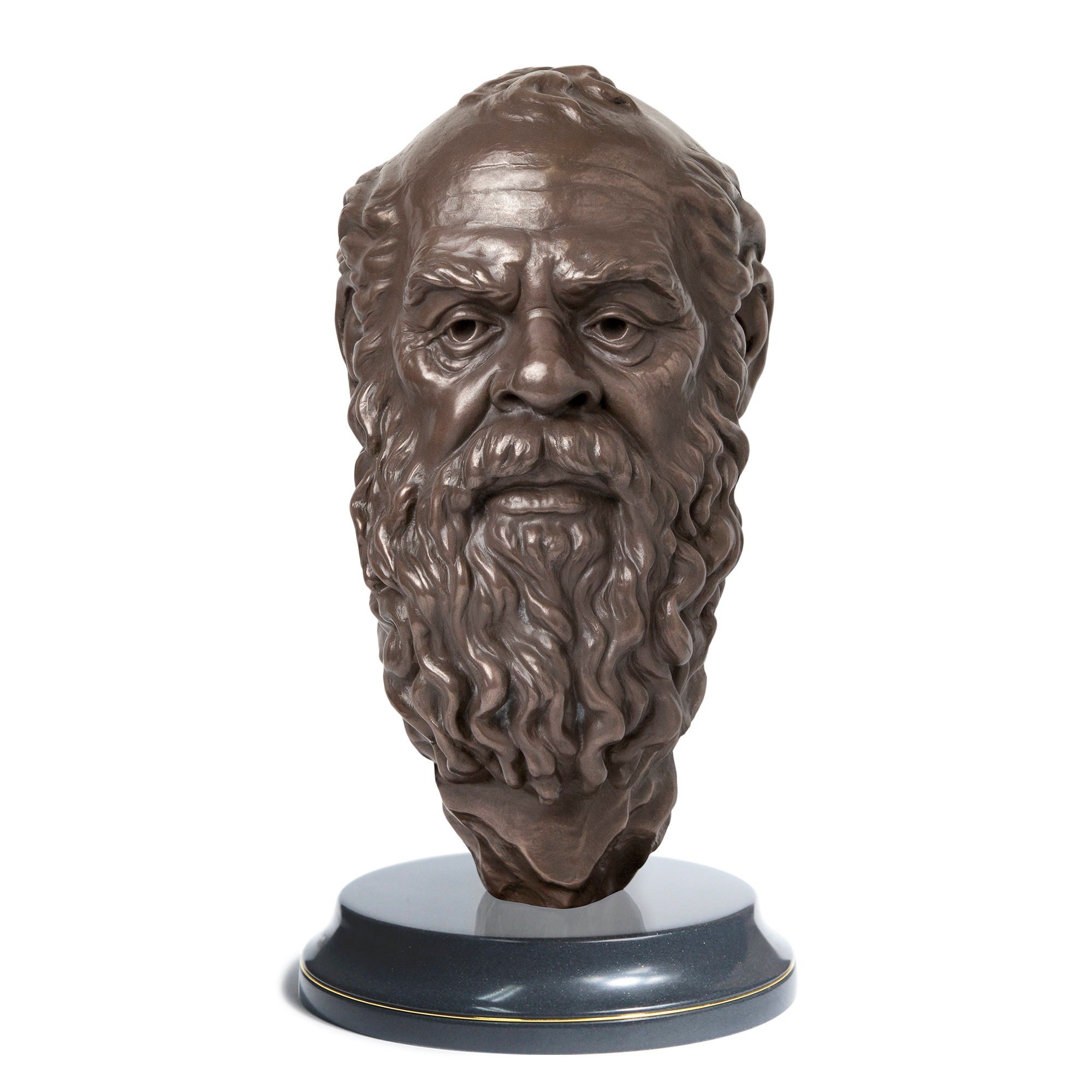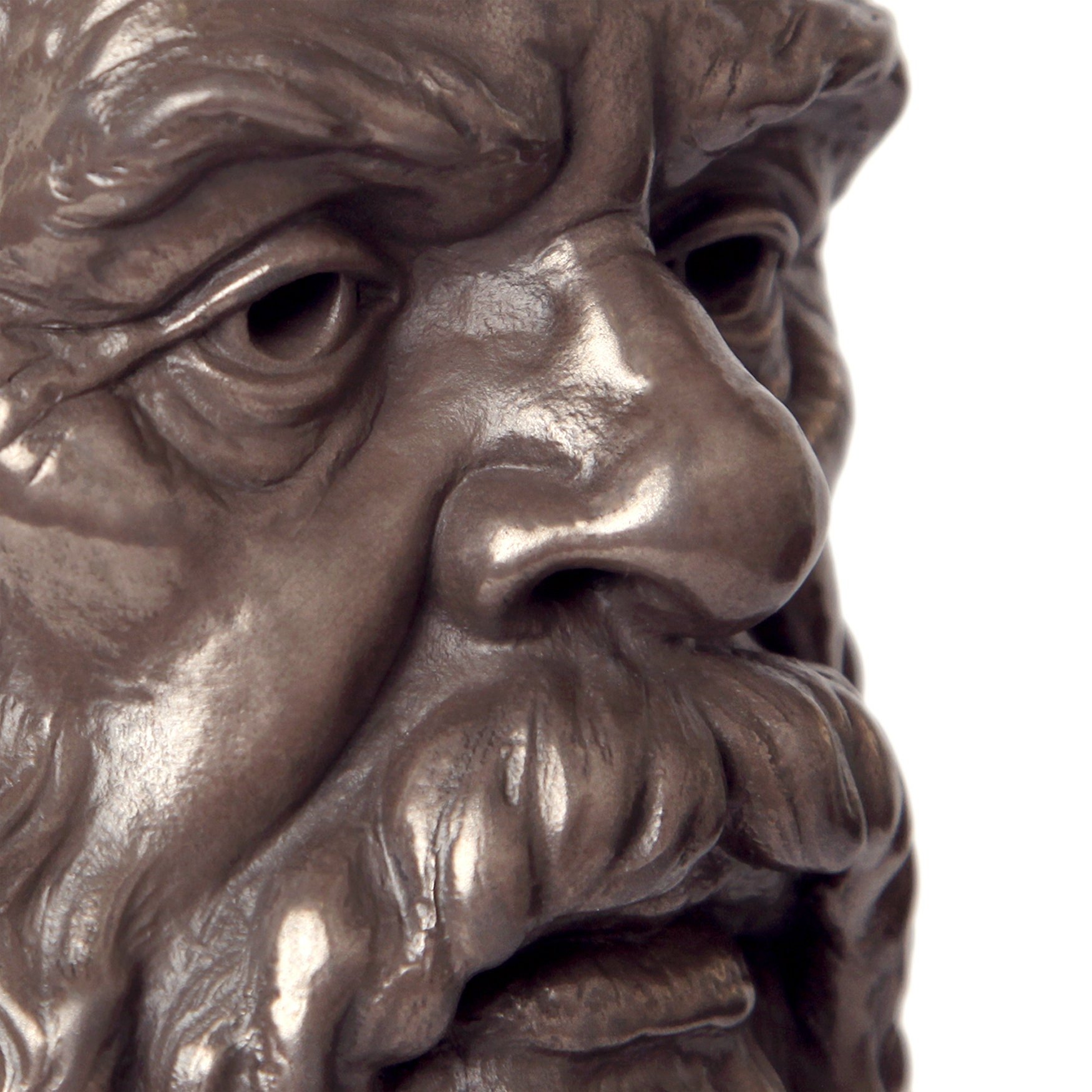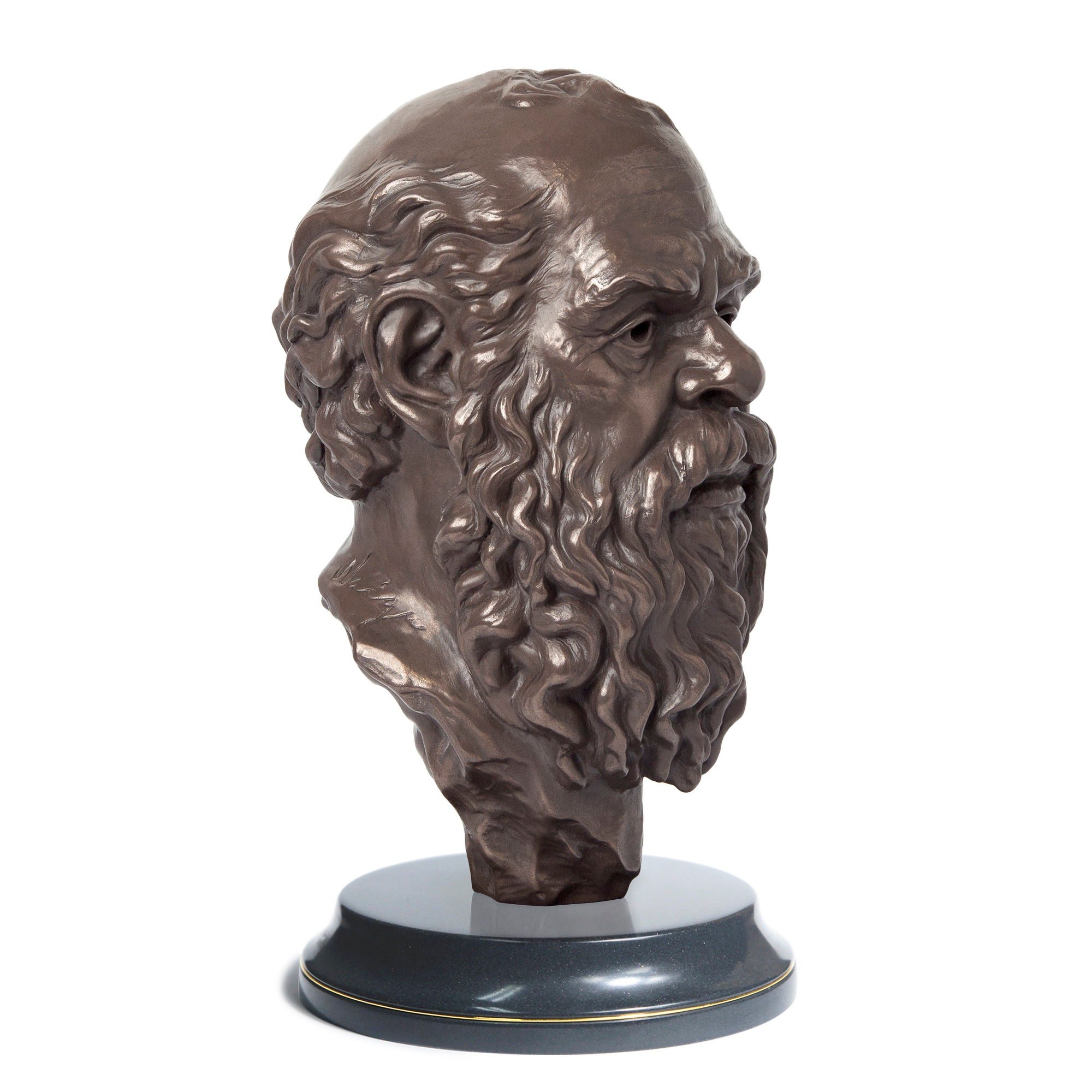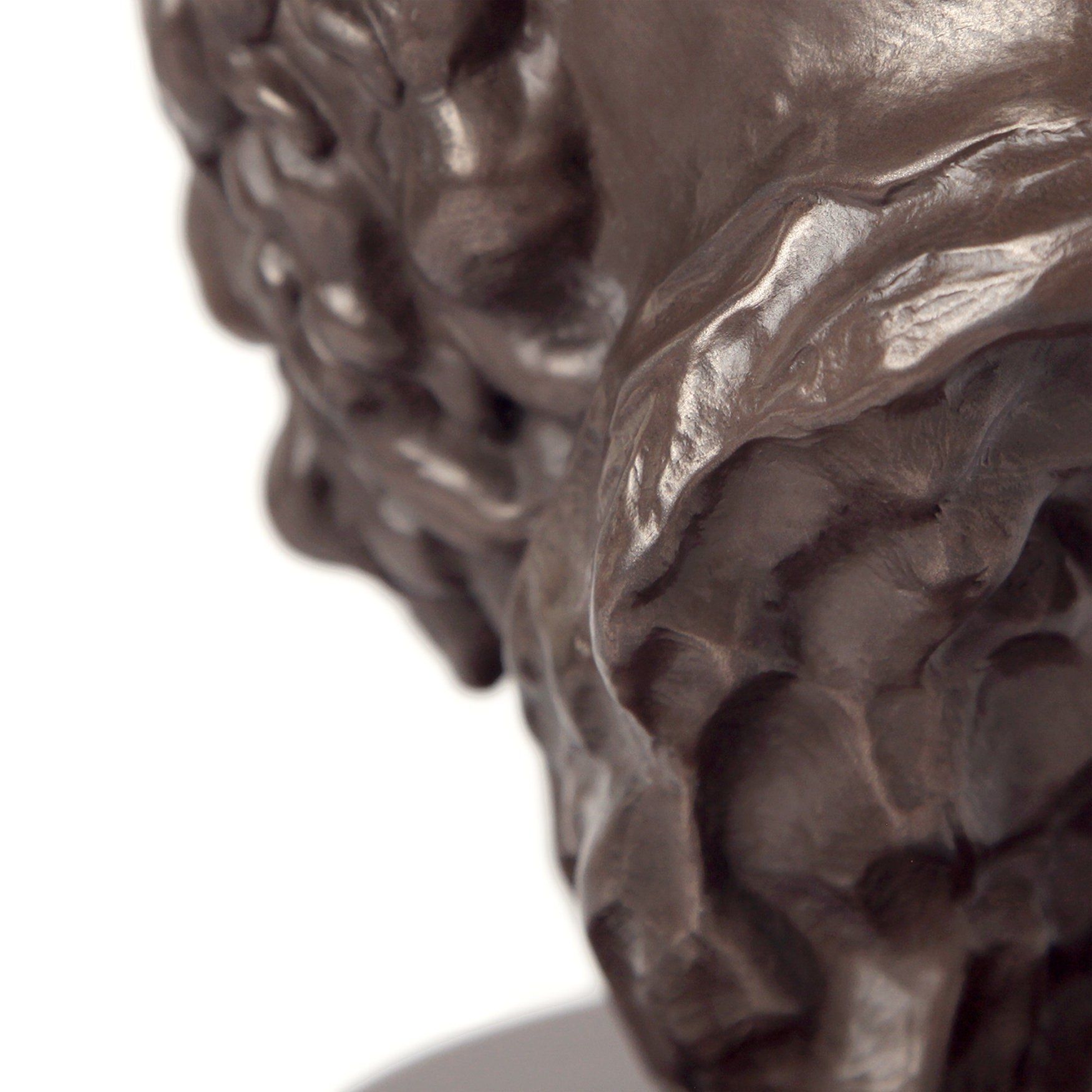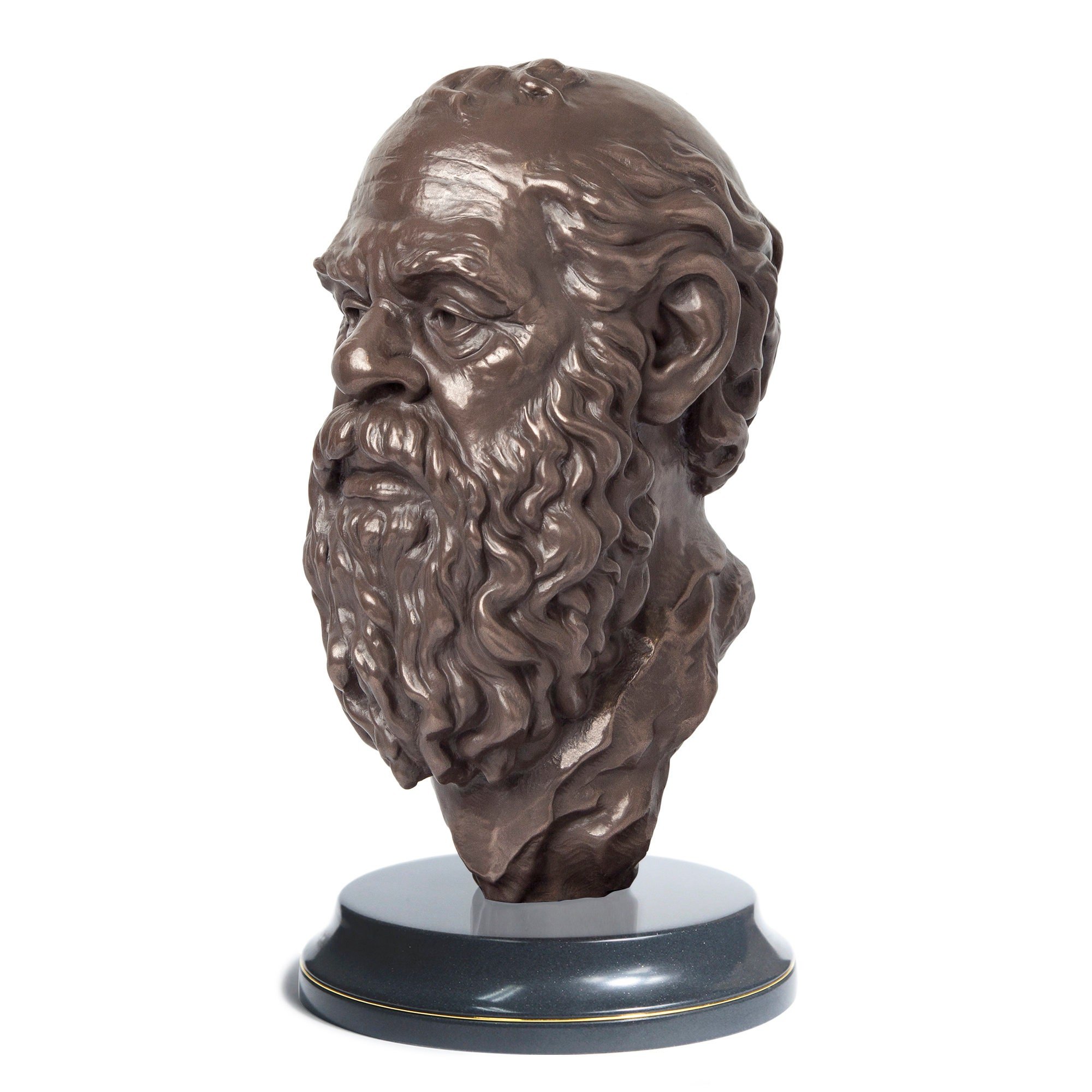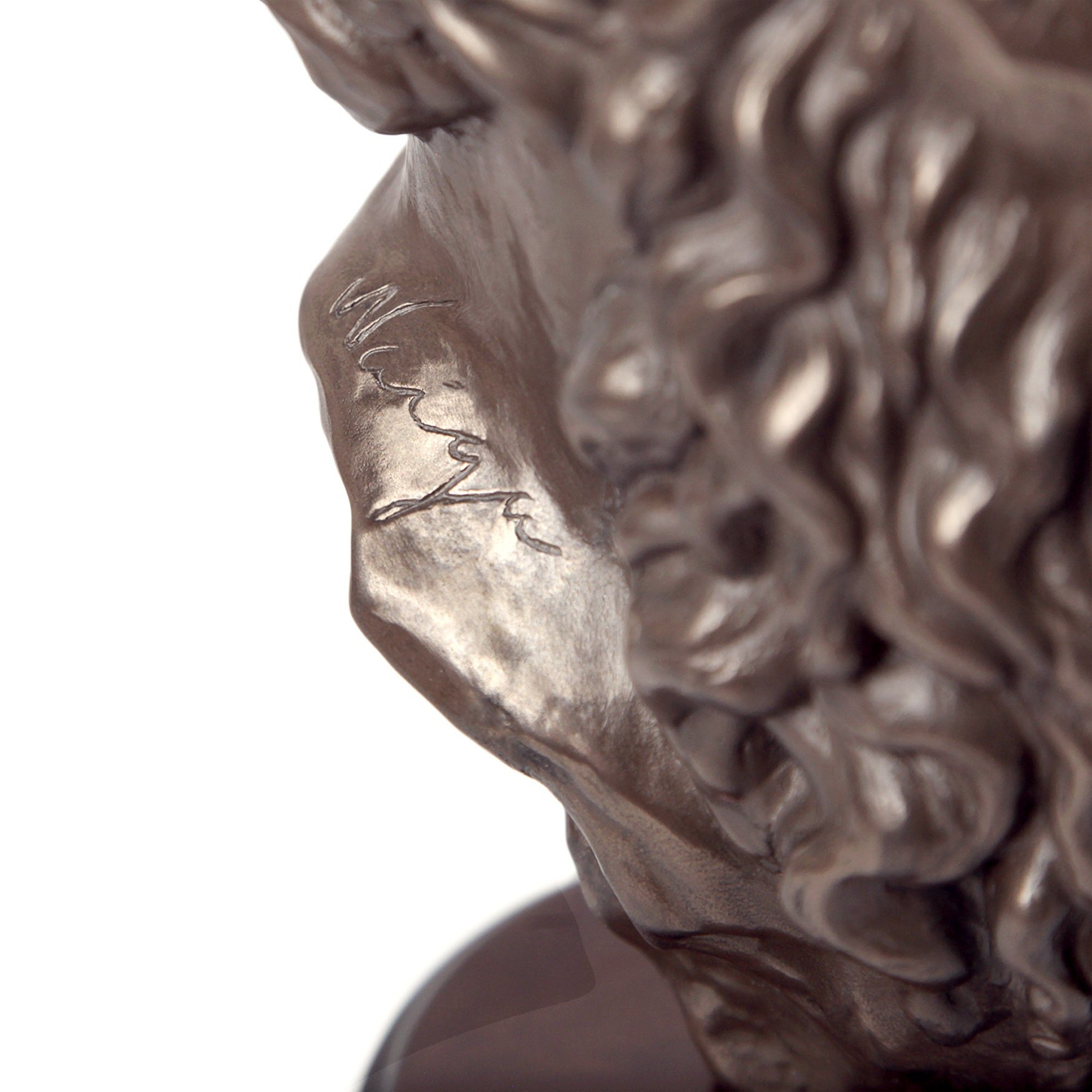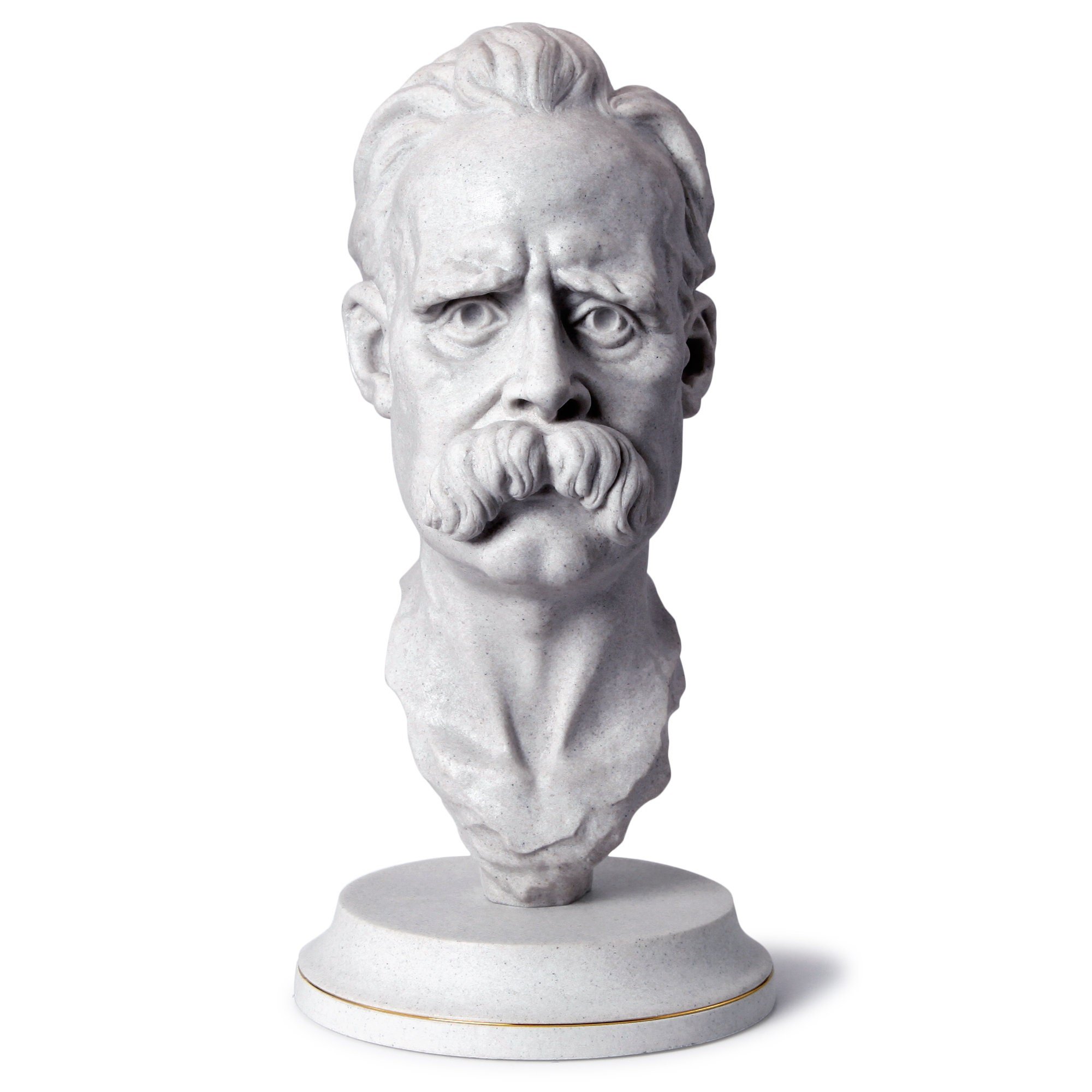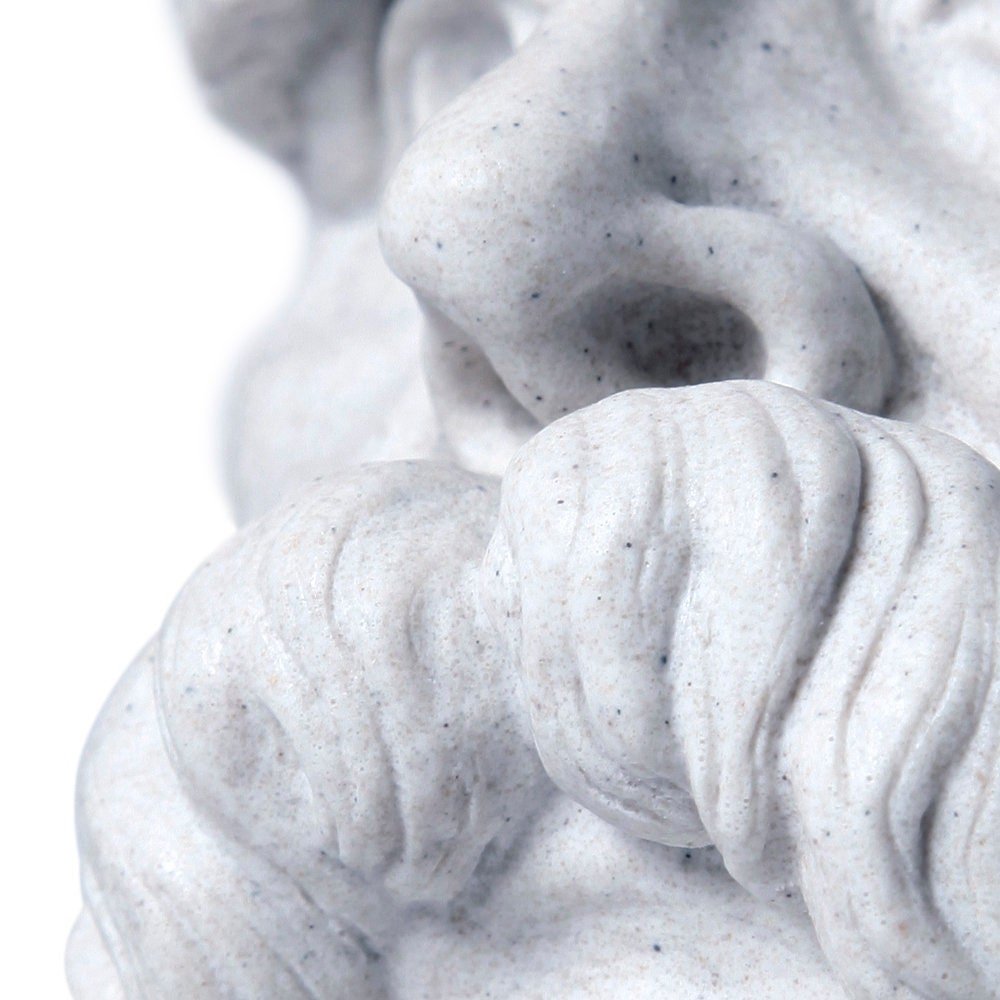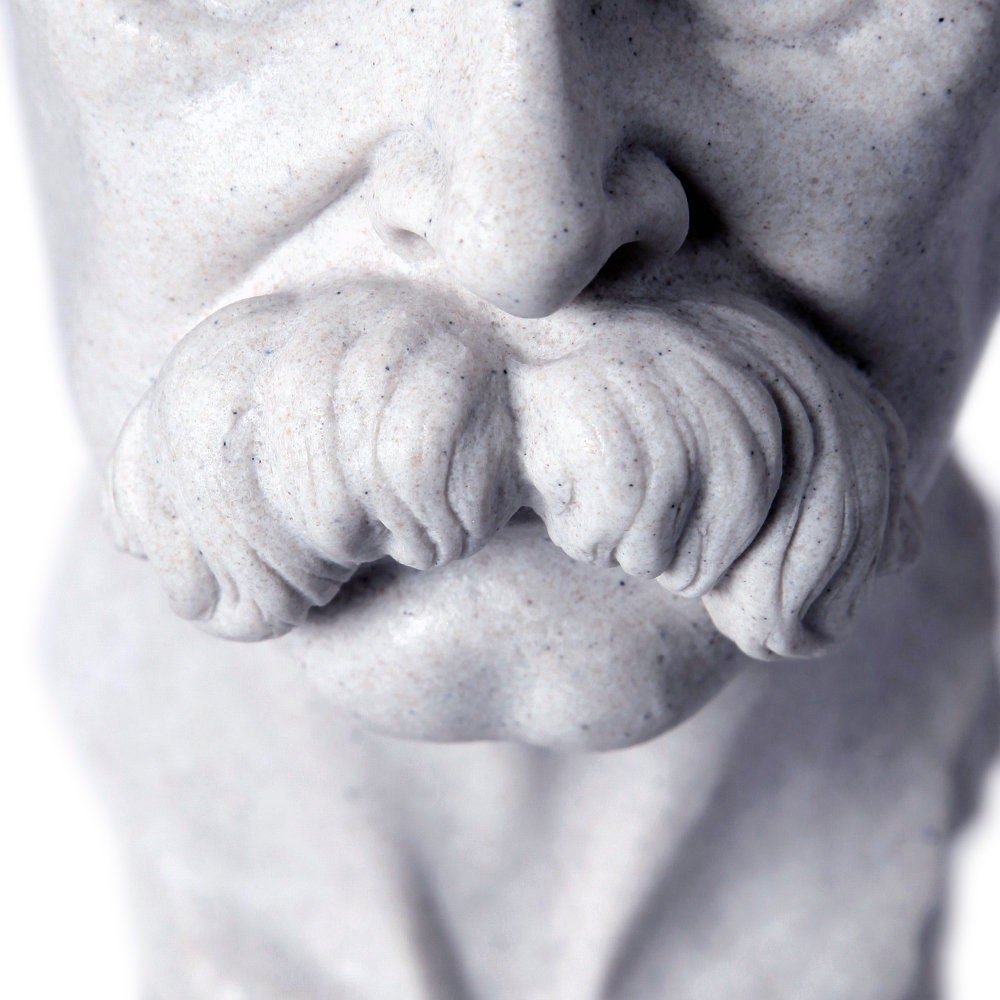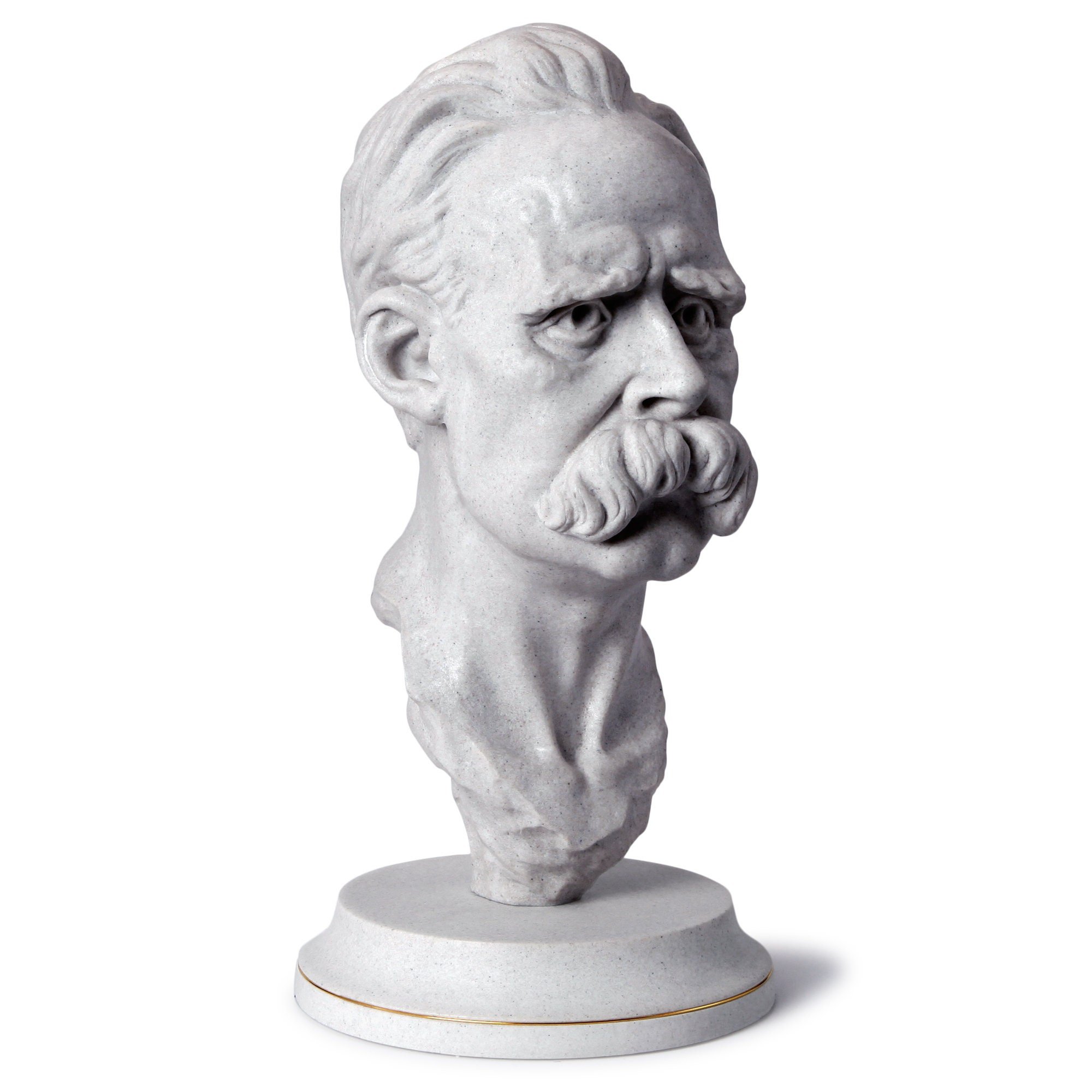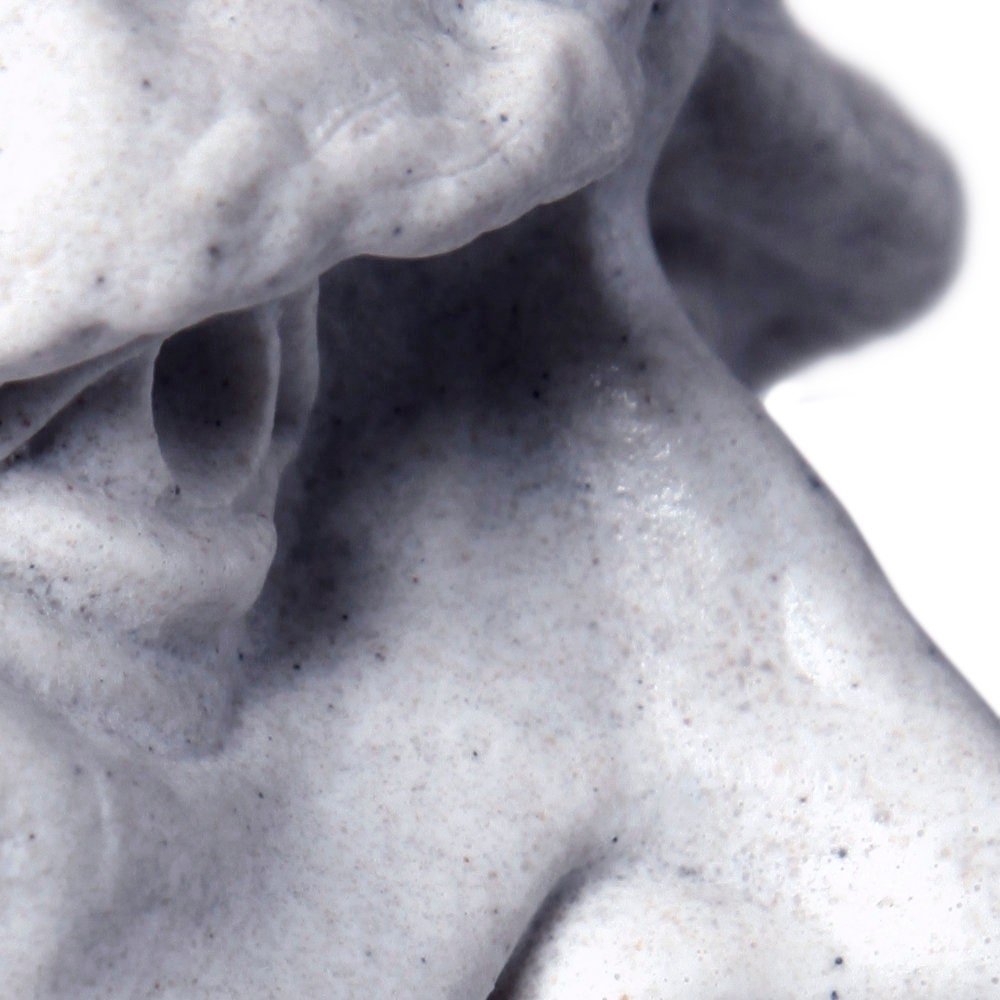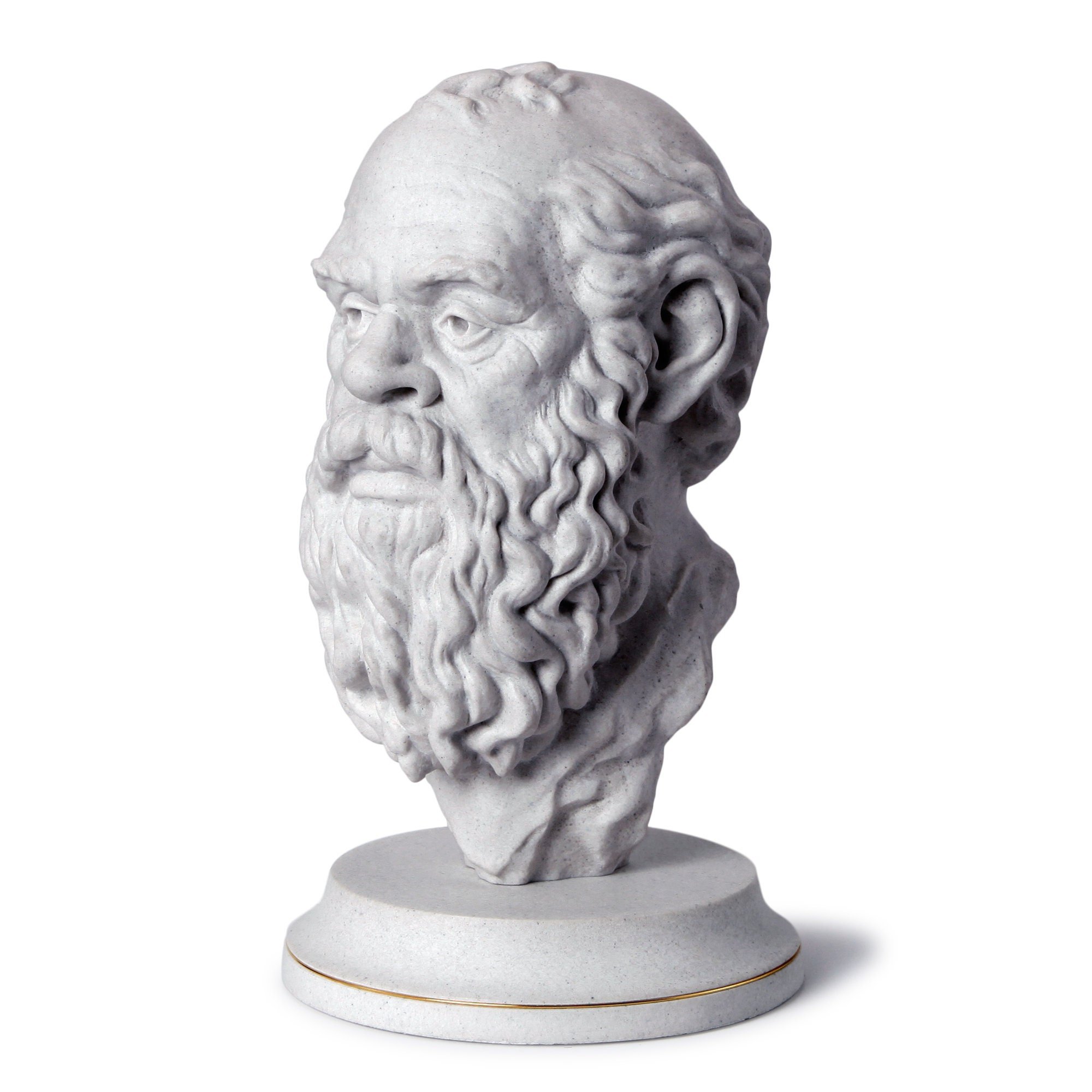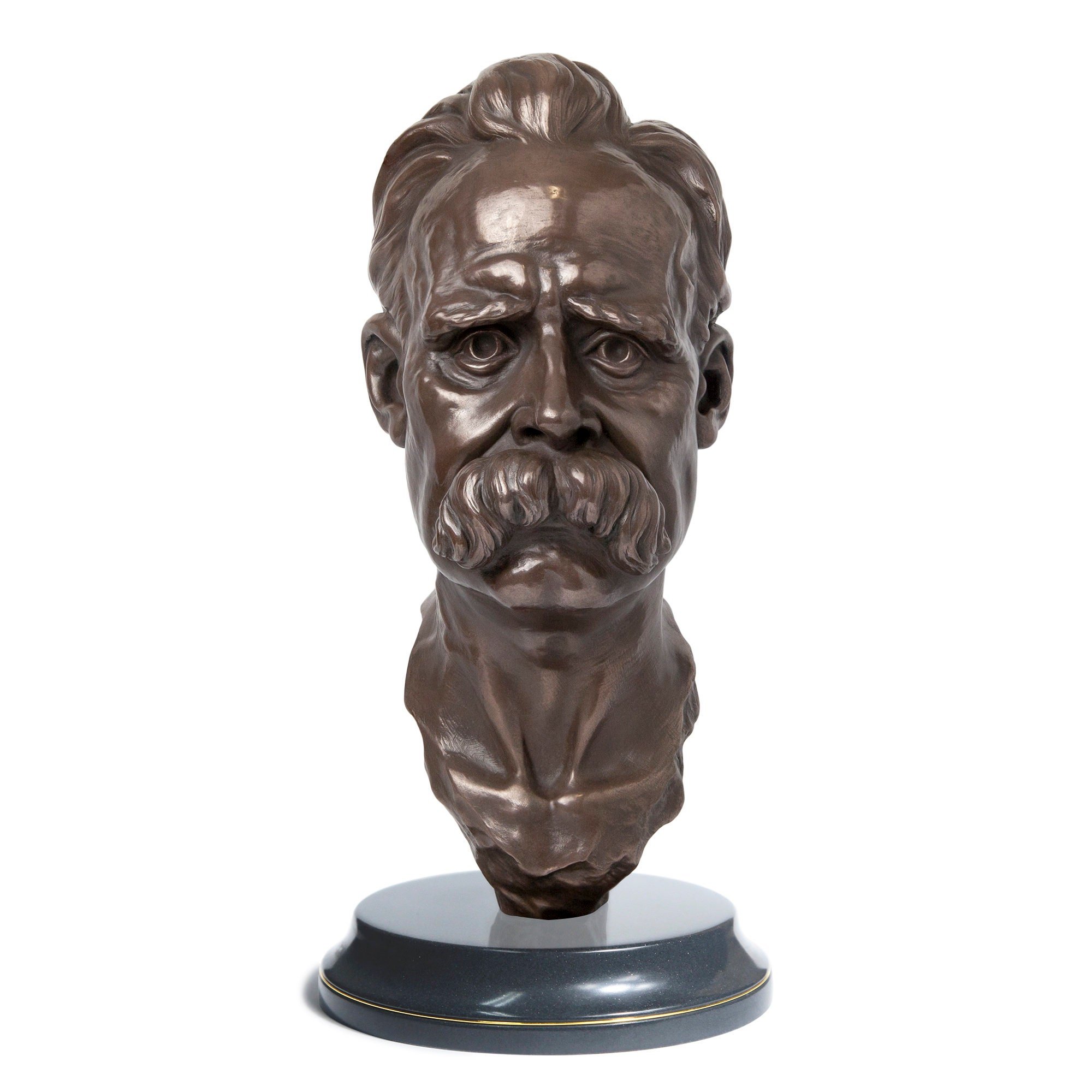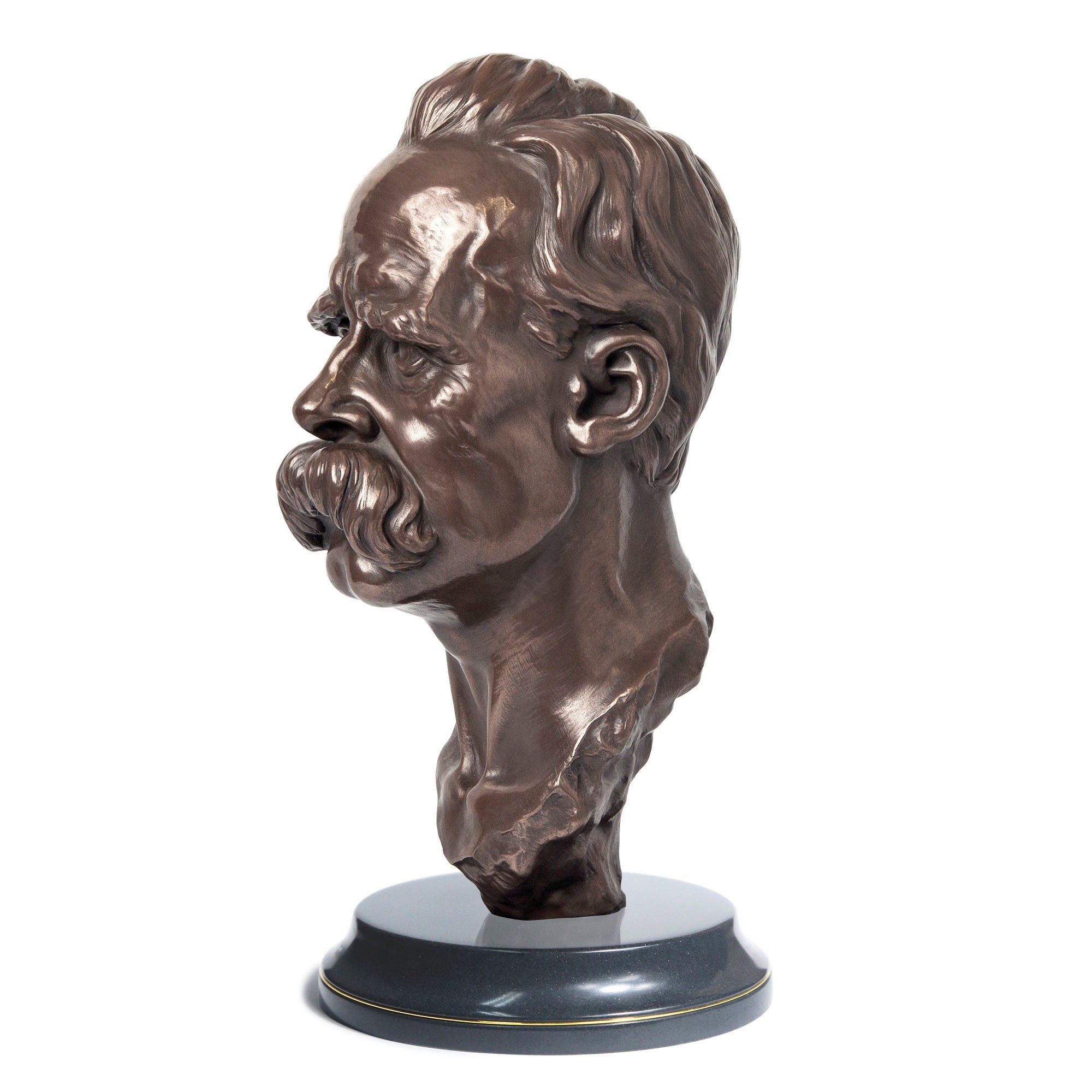Product:
A meticulously crafted bust of Plato, a beautiful decorative art piece. Expertly made using high-quality, durable materials to ensure longevity and exquisite detailing. An esteemed present, symbolizing consideration and esteem, perfect for special occasions.
Artist:
Waiga
Size:
Height - 8.2 inches (21 cm)
Width - 5,1 inches (13 cm)
Weight - 3.7 lbs (1,7 kg)
Material:
SCULPTURE: Cold-Cast bronze. PU resin and bronze powder (90% copper and 10% tin).
BASE: Synthetic marble.
Shipment:
We ship to any country covered by DHL Express. Carefully packed to avoid any damage during shipping.
Also visit us on Etsy, eBay or Amazon:
ATTENTION
When a package ships internationally, it may be subject to import taxes, customs duties, and/or fees imposed by the destination country. Generally, the buyer is responsible for paying customs duties on receipt of the package. The amount of customs duty and VAT to be paid will be assessed at the point of entry of the destination country. This may result in the buyer having to pay additional charges which are not included in the total price displayed at checkout. As the threshold for the application of such charges may vary from country to country, please contact your local customs/ tax office for further information. Alternatively, you should check with your local tax advisor for more information.













